Discover more book recommendations
Meet our Book Doctor... Alex Reeve, author of The House on Half Moon Street
In our Book Doctor feature, we welcome a guest to prescribe just the right read for any mood or occasion.
Alex Reeve, author of the bestselling crime novels The House on Half Moon Street and The Anarchists’ Club has joined us to prescribe some brilliant books.
I really need some good feminist books, novels ideally. Can you recommend any? – Viktoria
Yes! What an excellent ailment you have. I can prescribe some classic cures, such as The Handmaid’s Tale by Margaret Atwood,The Colour Purple by Alice Walker and Wide Sargasso Sea by Jean Rhys – powerful novels featuring women who rise above their marginalised positions in society. All of Sarah Waters' novels are brilliant, but Fingersmith in particular has been an influence on me; it’s a slyly feminist novel which forces the reader to re-examine relationships through subtle shifts and reversals of point of view. More recently, I loved The Power by Naomi Alderman which uses a sci-fi device to show how fragile are our accepted beliefs about gender relationships. And if you like genre stories, I certainly recommend those of Laura Purcell, Kaite Welsh and E.S. Thomson.
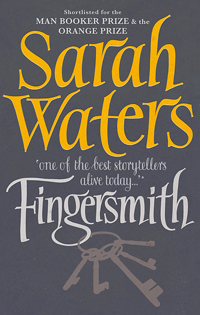
I keep reading the same genre (fantasy) and I'd love to get into other genres! Any recommendations for someone beginning to read sci-fi or historical fiction? – Afi
Fantasy, sci-fi and historical fiction have much in common; they’re all about escaping into worlds very different from our own. Classic sci-fi writers like Asimov, Wells and Dick stand up very well even now, or for something more modern and complex, Iain M. Banks's Culture novels are set in a utopian future, but are focused on the messy, ambiguous edges. There's no set order, but it’s probably best to start with Consider Phlebas and work towards Look to Windward and Use of Weapons, which is one of my favourite novels. In the historical genre, The Pillars of the Earth by Ken Follett and The Name of the Rose by Umberto Eco both read a bit like fantasy novels, so might be a good place for you to start.
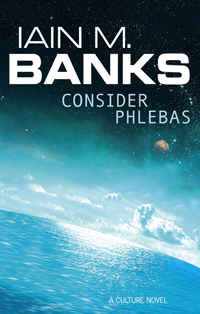
I love Jane Austen and Anthony Trollope. Nothing published after the 1930s seems to satisfy me anymore. How do I reconnect with the modern era? – Janice
Perhaps one place to start is with novels that are set in both the present and the past? Possession by A. S. Byatt moves between the modern world and a nineteenth century romance, and Labyrinth by Kate Mosse does something similar, taking us to thirteenth century France. Or what about working towards contemporary books gradually? You could read Graham Greene novels from the thirties (England Made Me), through the forties (The Heart of the Matter), fifties (The Quiet American) and so on, even into the eighties (Monsignor Quixote). If you like those, you could come all the way up to date with John le Carre and Mick Herron.
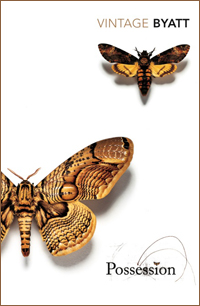
I love books and reading but since I've hit my 40s, I'm finding that I feel increasingly guilty 'wasting' my time with such a pursuit when I should be concerning myself with more important matters (realigning my guttering, separating the recycling, attending the birth of my first child, etc). Help! – Duncan
Ah, yes, I hate it when my valuable reading time is taken up with tedious niceties like talking to people, earning a living and personal hygiene. You could attempt a drastic solution such as becoming a hermit or long-term imprisonment, but I suggest instead using the excuse of self-improvement with books like Sapiens: A Brief History of Humankind by Yuval Noah Harari, Why I'm No Longer Talking to White People About Race by Reni Eddo-Lodge or The Silk Roads: A New History of the World by Peter Frankopan. If you can still find time to realign the guttering after those, then maybe try something you simply can't put down, such as The Dry by Jane Harper, The Girl with the Dragon Tattoo by Stieg Larsson or The Time Traveler's Wife by Audrey Niffenegger. If those don’t work, I'm afraid yours may be a terminal case, but as a last-ditch remedy you could try The Reader's Digest DIY Manual, just to get used to turning pages again.
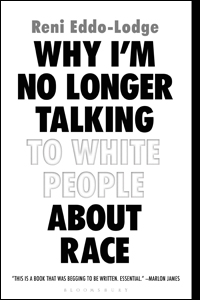
Are there any academic/non-fiction books that discuss female-authored Gothic literature? Or any books discussing Gothic literature in general? – Keely
This is a very broad question, but I will do my best! The Madwoman in the Attic by Gilbert and Gubar is a classic, full of insight and very readable. More recently, the Edinburgh Companions to the Gothic books are all excellent, and in this context, I would pick out Women and the Gothic, edited by Horner and Zlosnik, which is a broad collection of essays. Also, if you can find it, Gothic Feminism by Hoeveler is an excellent guidebook to a range of women writers. More generally, The Gothic Tradition by Stevens is a nice overview of the topic, and not too expensive. There are lots of others as well; it seems that explorations of a dark and sinister world are very popular at present – can't imagine why.
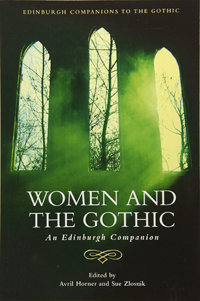
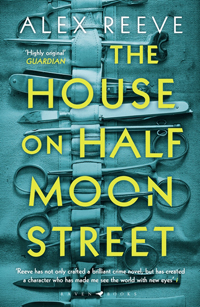
About The House on Half Moon Street by Alex Reeve
When the body of a young woman is wheeled into the hospital where Leo Stanhope works, his life is thrown into chaos. Maria, the woman he loves, has been murdered and it is not long before the finger of suspicion is turned on him, threatening to expose his lifelong secret.
For Leo Stanhope was born Charlotte, the daughter of a respectable reverend. Knowing he was meant to be a man – despite the evidence of his body – and unable to cope with living a lie any longer, he fled his family home at just fifteen and has been living as Leo ever since: his secret known to only a few trusted people.
Desperate to find Maria's killer and thrown into gaol, he stands to lose not just his freedom, but ultimately his life.